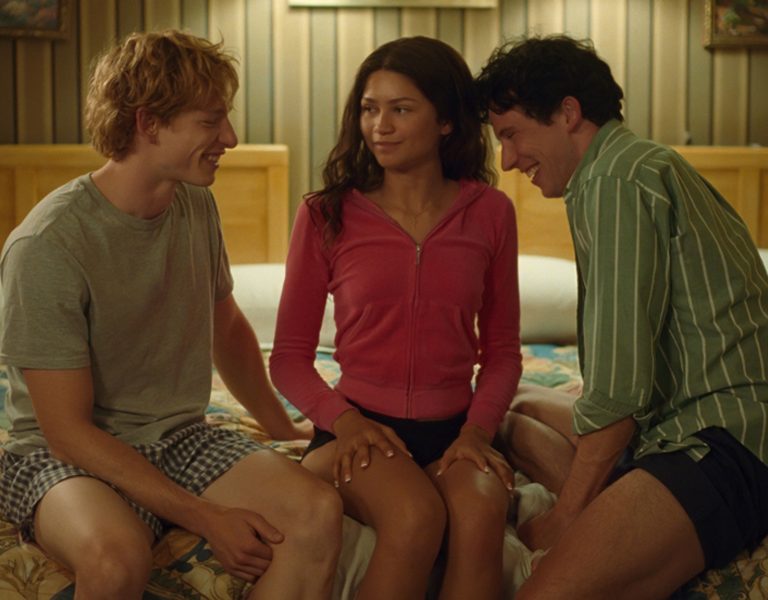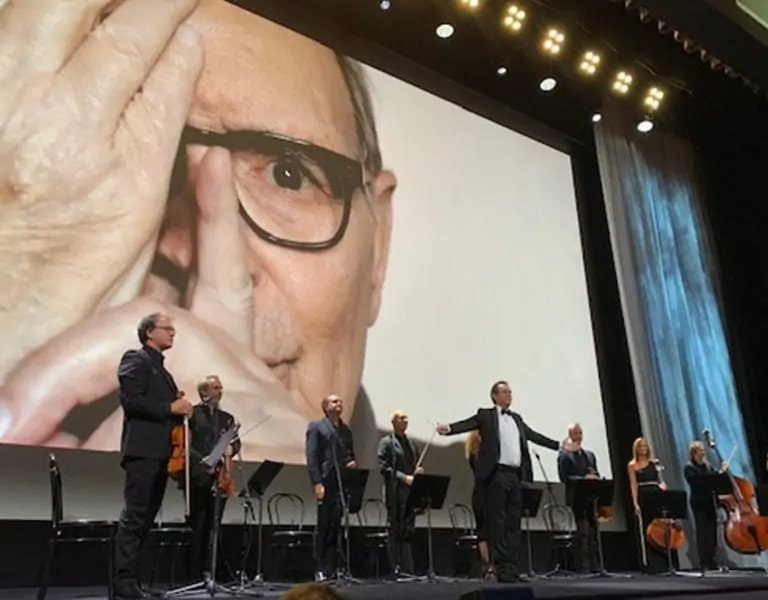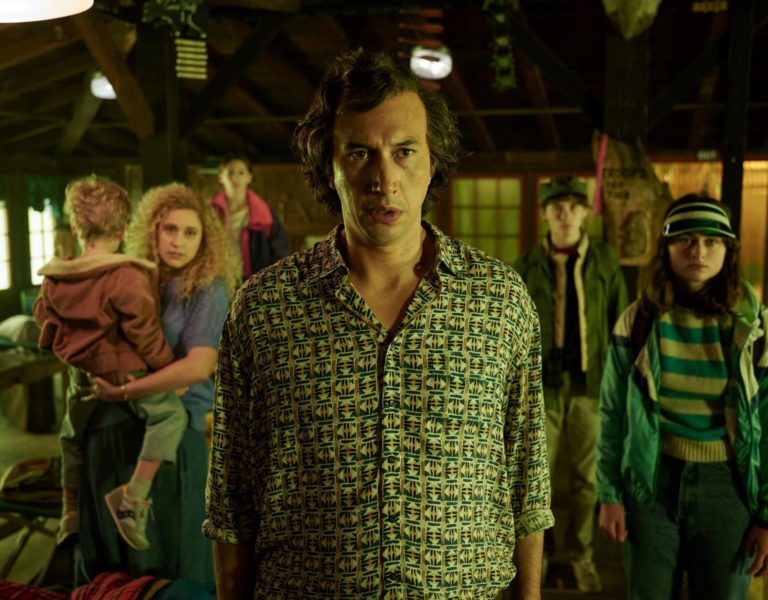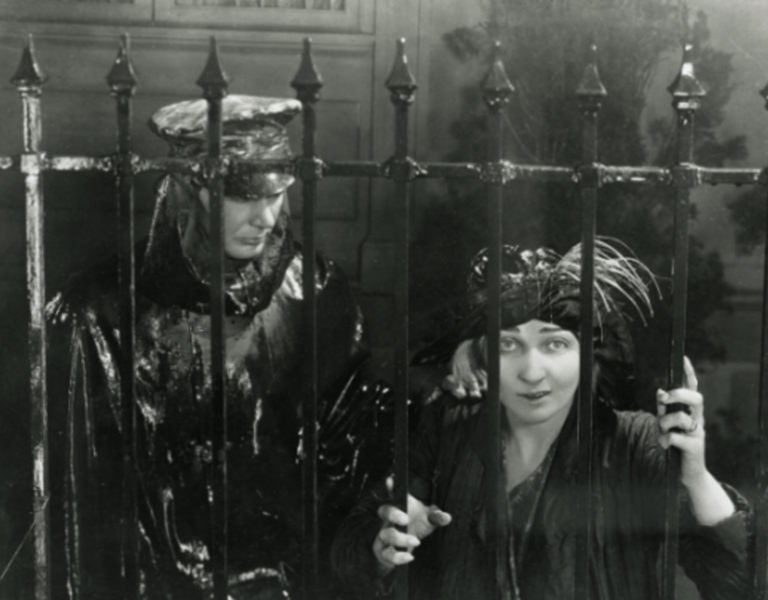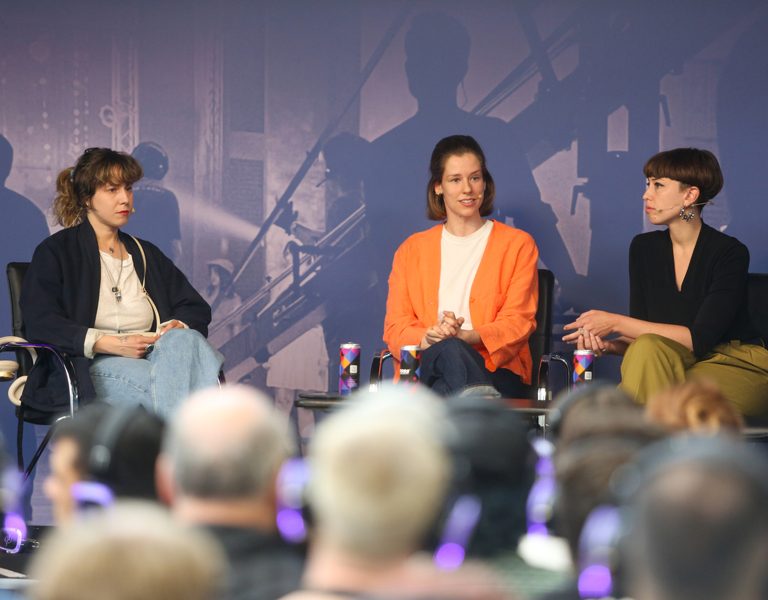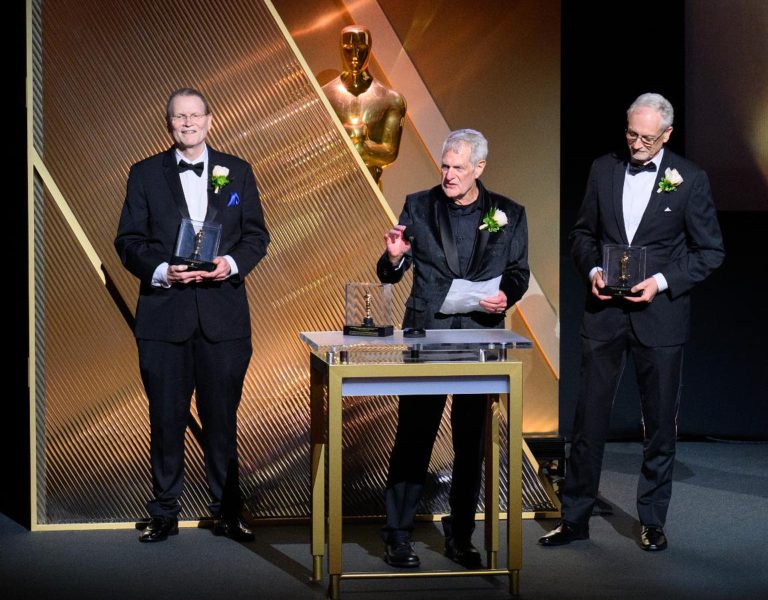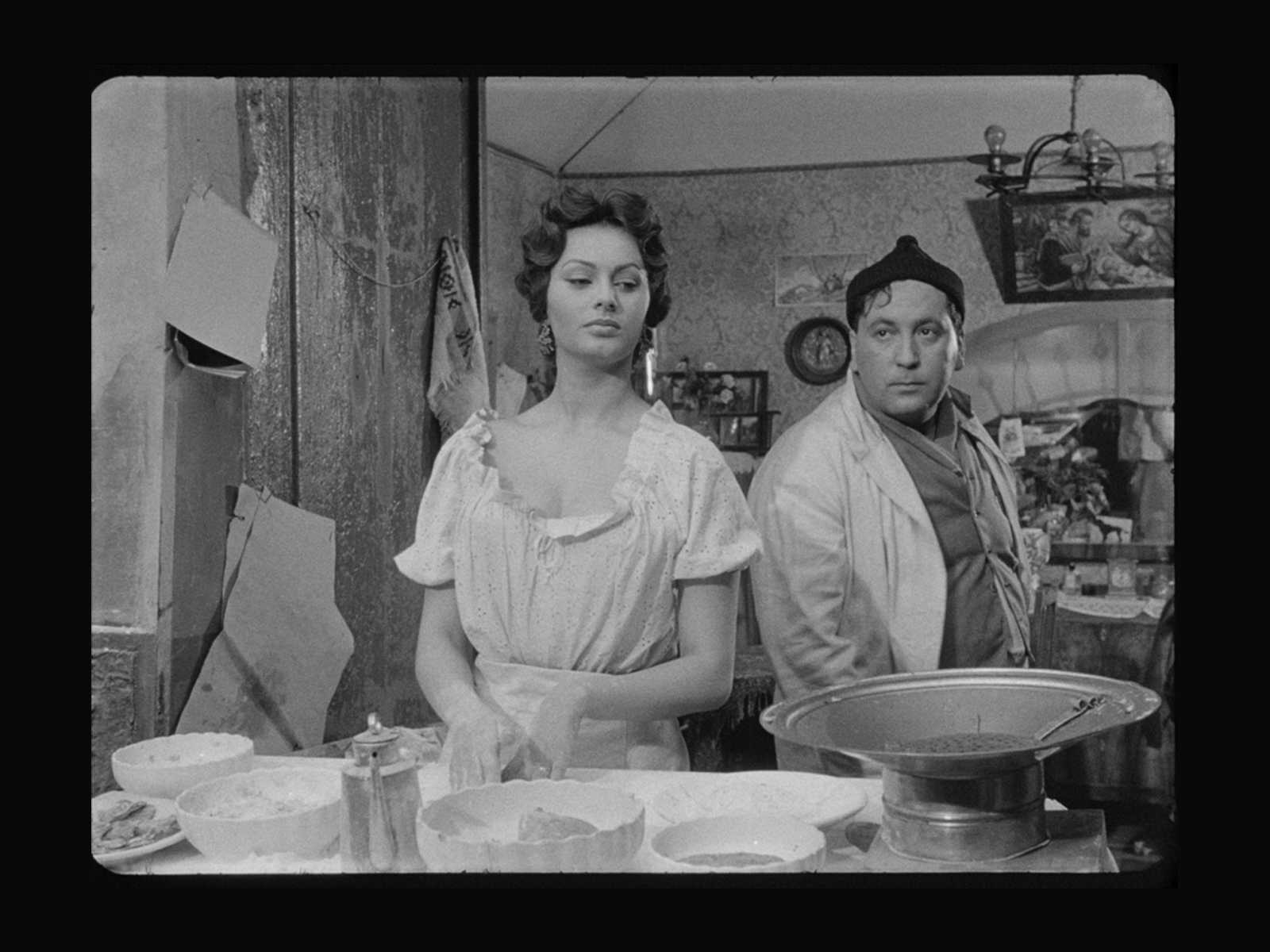
The classic film by and with Vittorio De Sica, L’oro di Napoli (The Gold of Naples, 1954) starring Eduardo De Filippo, Sophia Loren, Silvana Mangano, Paolo Stoppa and Totò, will be the Pre-opening film on Tuesday August 27th of the 81st Venice International Film Festival of La Biennale di Venezia, on the 50th anniversary of the death of Vittorio De Sica and the 70th anniversary of the film.
L’oro di Napoli, which is part of the Venice Classics programme of the 81st Venice Film Festival (28 August – 7 September), will be screened on August 27th in Sala Darsena on the Lido di Venezia at 9 pm, with the world premiere of the digital 4K version restored by Cinecittà upon initiative of Filmauro Srl di Aurelio e Luigi De Laurentiis, based on the 35mm camera negative and the 35mm mono soundtrack negative, under the artistic supervision of Andrea De Sica.
L’oro di Napoli, divided into 6 episodes adapted from the eponymous short story collection by Giuseppe Marotta, written by the director together with Cesare Zavattini and produced by Carlo Ponti and Dino De Laurentiis, explores some of the many faces of Naples in its chapters: The Racketeer, Pizza on credit, Funeralino, The Gamblers, Teresa and The Professor. Presented in competition at Cannes in 1955, it won Nastro d’argento awards for Best Actress to Silvana Mangano and Best Actor to Paolo Stoppa and was selected as one of the 100 Italian films to save.
“L’oro di Napoli – wrote Martin Scorsese – aired on television in New York at that time, and everybody in the neighbourhood watched it each time and really loved it. […] It was a film that offered a wonderful range of comic styles and incorporated something that I greatly appreciate in Italian cinema: the way it effortlessly moves between comedy and tragedy” (My Voyage to Italy, Martin Scorsese, 1999).
Carlo Lizzani wrote about L’oro di Napoli: “De Sica […] made a film of the highest quality from Marotta’s book, filled with inspired pages and moments worthy of the finest De Sica. The funeral of the child (which was cut in the version released to the public) and the gem of the card game between De Sica himself in the role of an actor and the boy, was truly worthy of a place in an anthology of Italian cinema”. (Storia del cinema italiano, Parenti, Florence, 1961).
The camera negative presented many stains, prior splices repaired with scotch tape and a number of lines, scratches and spotting. Some of the more significant tears and breaks required many of the frames to be reconstructed. It was also necessary to remove flicker on many shots. Accurate colour grading recreated the contrast and original look of the photography. For the soundtrack the classic defects deriving from the supports of the time were eliminated, intervening on the signal to noise relationship to recreate the proper balance between background noise and dialogue. A discontinuity in the support made it necessary to reconstruct a spoken line.
